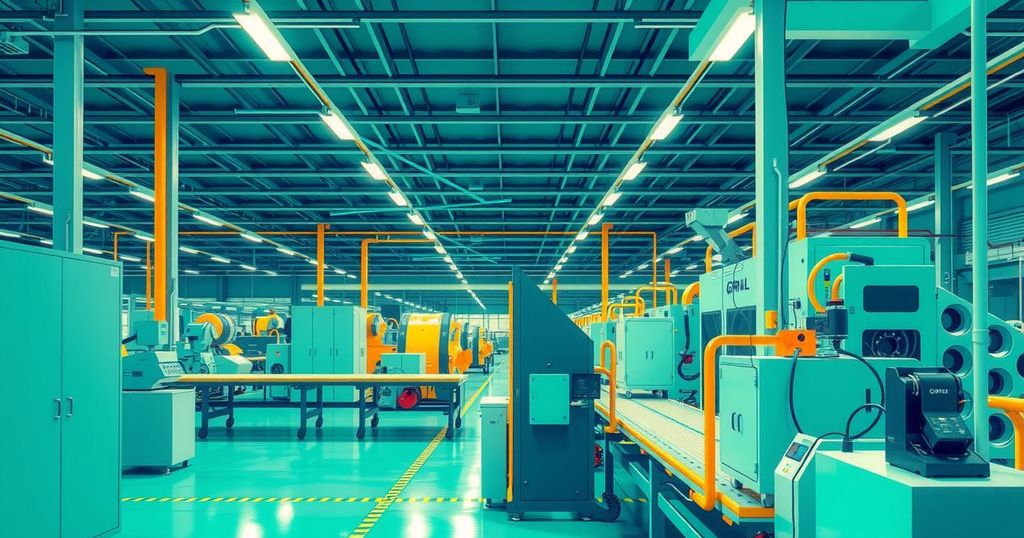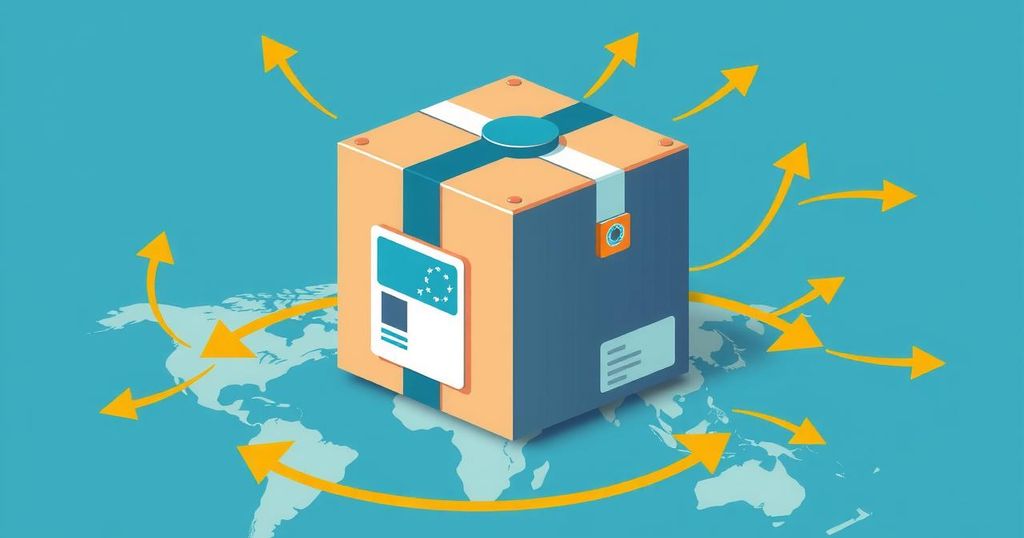Apple is planning to expand manufacturing in Brazil to reduce the impact of U.S. tariffs on Chinese and Indian imports. The company and Foxconn are set to begin assembly of the iPhone 16, which could help avoid significant costs while maintaining competitive pricing.
Apple is currently considering an expansion of its manufacturing operations in Brazil in response to recent U.S. tariff increases on imports from China and India. The Trump Administration implemented substantial tariffs of 34% on Chinese goods and 26% on Indian products, which are crucial for Apple’s hardware production. By enhancing its Brazilian assembly capabilities, Apple aims to mitigate the higher costs without passing them onto consumers, as Brazil imposes a more favorable 10% import tax.
Reports indicate that Apple, in partnership with Foxconn, has obtained the necessary certifications to commence the assembly of the iPhone 16 in Brazil. The existing facility is already producing the iPhone 13, 14, and 15. The planned expansion will include manufacturing the iPhone 16 Pro, necessitating further investment and operational changes.
This strategic move not only aims to bolster local production but also seeks to facilitate exports to the U.S., thereby enabling Apple to circumvent a considerable portion of the tariffs while retaining a competitive pricing structure.
In summary, Apple is strategically expanding its manufacturing presence in Brazil to navigate U.S. tariffs imposed on Chinese and Indian imports. By scaling operations in Brazil, Apple intends to protect its pricing and maintain competitiveness in the market. The company’s collaboration with Foxconn for assembling the iPhone 16, alongside existing production, signifies a pivotal adjustment in its operational strategy to address trade challenges.
Original Source: www.channelnews.com.au




